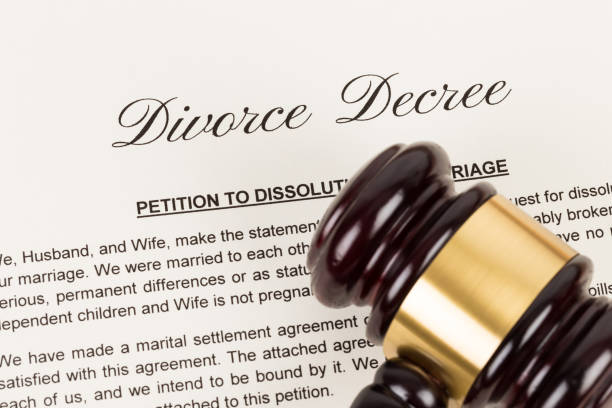In life’s journey, we accumulate not just experiences and memories but also tangible assets that, in many ways, reflect our hard work, dreams, and the legacy we wish to leave behind. However, planning what happens after we’re gone can be daunting for many. Yet, it’s essential to ensure that our legacy is preserved and passed on according to our wishes.
This is where the importance of wills, estate, and succession planning becomes undeniable. Let’s dive deeper into why these elements are crucial and how they can safeguard the future of your loved ones and the assets you’ve worked hard to accumulate.
Understanding the Basics
What is a Will?
A will is a legal document outlining how you want your assets distributed after death. It can also specify guardians for any minor children. Think of it as your voice from beyond, giving instructions and ensuring your wishes are respected.
The Essence of Estate Planning
Estate planning goes a step further. It’s an all-encompassing process that involves drafting a will and planning for taxes, setting up trusts, and ensuring your beneficiaries are clear and your assets are protected from probate as much as possible.
The Role of Succession Planning
Succession planning is often thought of in the context of businesses, but it’s equally important for individuals, especially those with significant assets or family businesses. It’s about ensuring a smooth transition of ownership and management, minimizing disputes and disruptions.
The Heart of the Matter: Estate and Succession Planning
The intricate dance of estate and succession planning lies at the core of securing your legacy. This process ensures that your assets are managed and distributed to align with your values and wishes, minimizing the tax burden on your heirs and avoiding potential disputes that can arise when a clear plan is not in place.
Estate and succession planning involves:
- Take a detailed inventory of your assets.
- Understanding their value.
- Deciding how and to whom these assets should be distributed.
It’s about looking ahead, anticipating changes, and making provisions for them. This could mean setting up trusts to protect assets, establishing directives for your business, or making charitable donations as part of your legacy.
One key aspect of estate and succession planning is ensuring that all legal documents are up-to-date and reflect your current wishes. Life events such as marriage, divorce, the birth of children, or the acquisition of significant assets can all necessitate updates to your plans.
Why It Matters
Without a will or proper estate and succession planning, you leave the distribution of your assets up to intestacy laws. These laws vary by location and might not reflect your wishes, potentially leading to family disputes and a significant portion of your estate being eroded by taxes and legal fees.
Moreover, without clear directives, your business or family enterprise might need more certainty, potentially jeopardizing the livelihoods of those who depend on it. Planning ensures continuity, stability, and the preservation of your professional legacy.
Planning for the Future
Starting Early
The best time to start planning your estate and succession is now. It’s a common misconception that these processes are only for older people or the ultra-wealthy. The truth is, anyone with assets or a family should consider making a plan.
Seek Professional Advice
Given the complexity of laws surrounding wills, estates, and succession, seeking professional advice is crucial. A qualified attorney or financial advisor can help you navigate the legal requirements, minimize taxes, and ensure your wishes are clearly articulated and legally binding.
Communication is Key
An often overlooked aspect of estate and succession planning is communication. Discussing your plans with your family and potential heirs can prevent misunderstandings and disputes. It’s an opportunity to explain your decisions, listen to concerns, and adjust your plans if necessary.
Conclusion
Securing your legacy through wills, estate, and succession planning is not just about protecting your assets; it’s a final act of care for your loved ones, ensuring that they are provided for and that your wishes are respected after you’re gone. It’s about leaving behind a legacy that reflects your life, values, and the hard work you’ve put into building your estate. By taking the steps to plan correctly, you’re securing your legacy and providing peace of mind for yourself and those you care about most.

